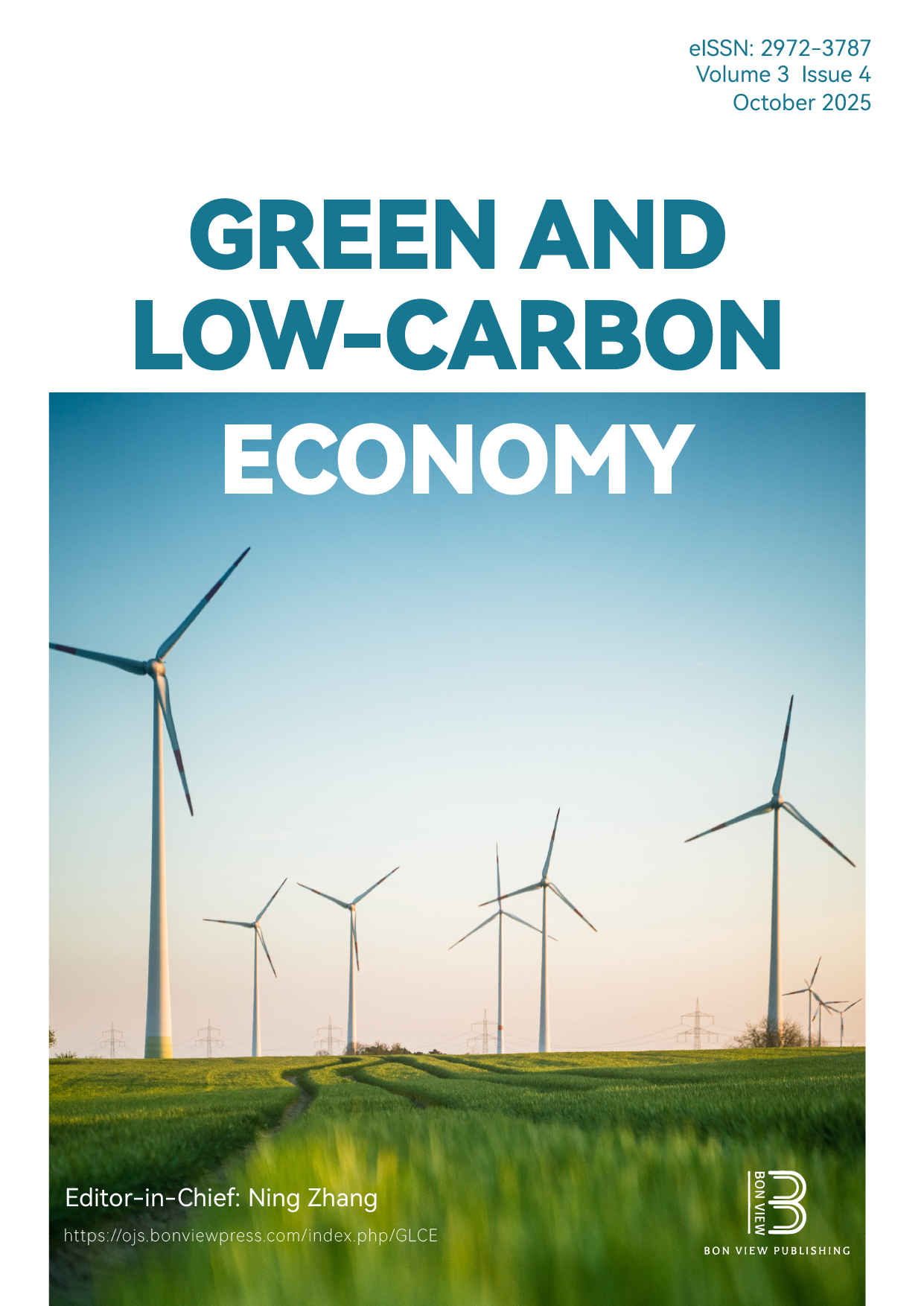Evaluation of CORDEX-Africa Model Data Reliability and Bias Correction for Climate Change Impact Assessment: Upper Tekeze River Basin, Ethiopia
DOI:
https://doi.org/10.47852/bonviewGLCE42021893Keywords:
CORDEX-Africa, climate data, climate projection, performance evaluation, bias refinementAbstract
Model simulation evaluation is crucial for selecting the best regional climate models, as their performance may vary across different locations or variables. This research aims to examine and correct potential biases in the Coordinated Regional Climate Downscaling Experiment (CORDEX) ensemble climate dataset over the period of 1987–2005 so as to establish trust in utilizing the CORDEX ensemble forecasts for climate change impact assessment focusing on the upper Tekeze River Basin (UTRB). The Pearson correlation coefficient is employed to assess the degree of correlation between CORDEX and observation data, and the applicability of the CORDEX ensemble data for the UTRB. The statistical analysis reveals a significant correlation between the monthly mean rainfall and temperature in the CORDEX-Africa ensemble simulation and the corresponding observation data for most of the 18 stations. The finding suggests that the CORDEX-Africa ensemble dataset holds promise for future climate projection in the UTRB. The statistical approaches of bias, root mean square error, and mean absolute error are employed to assess the adequacy of the CORDEX ensemble model in reproducing observed data. Various bias correction approaches are employed to enhance the accuracy of rainfall and temperature datasets, addressing discrepancies from over and under simulation. The reliability evaluation results indicate that the CORDEX-Africa ensemble precipitation and temperature dataset has undergone bias adjustment in order to accurately reproduce the observed gridded dataset for the same period. This adjustment was performed using various methodologies across the 18 stations. Following the bias modifications, the CORDEX ensemble’s precipitation and temperature dataset exhibited a high degree of concordance with the grid observation dataset across all 18 observation stations, for the corresponding time. The approaches utilized in this work possess the potential for practical applicability in generating dependable climate data that may be employed in evaluating and forecasting the consequences of climate change using globally accessible data resources.
Received: 17 October 2023 | Revised: 25 December 2023 | Accepted: 5 January 2024
Conflicts of Interest
The authors declare that they have no conflicts of interest to this work.
Data Availability Statement
The data used to have the findings of this study are submitted as an additional file.
Author Contribution Statement
Ghrmawit Haile Gebrehiwot: Conceptualization, Methodology, Formal analysis, Investigation, Data curation, Writing – original draft, Writing – review & editing, Visualization, Project administration. Kassahun Ture Bekitie: Supervision, Funding acquisition. Fikru Abiko: Validation, Formal analysis, Writing – review & editing. Weldemariam Seifu: Writing – review & editing. Haftu Brhane Gebremichael: Writing – review & editing.
Downloads
Additional Files
Published
Issue
Section
License
Copyright (c) 2024 Authors

This work is licensed under a Creative Commons Attribution 4.0 International License.


